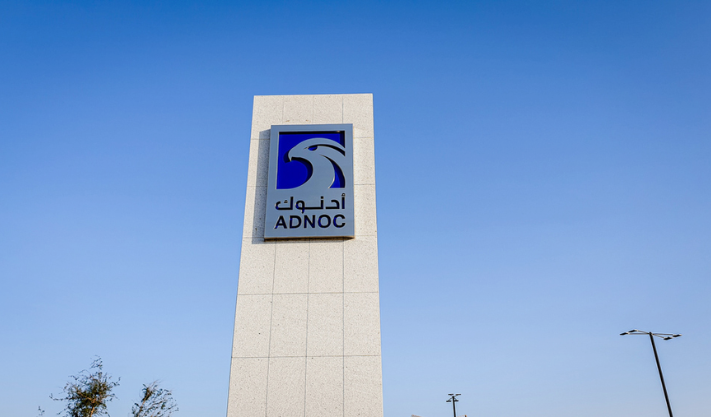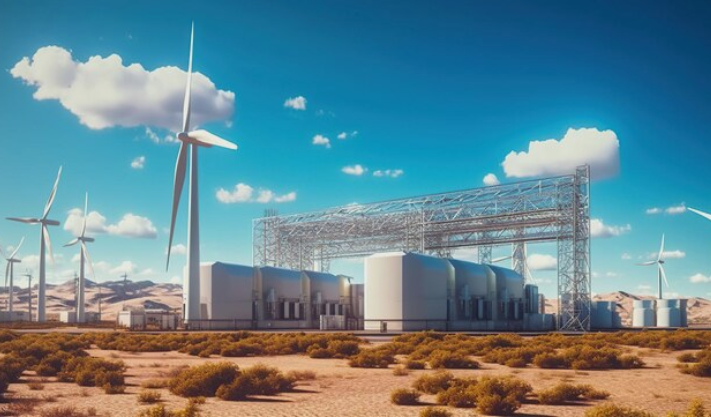Kuwait’s yearly inflation increased by 2.4% in November due to higher prices for food and clothing
Kuwait’s inflation rate went up by about 2.4% in November, mainly because of higher prices for food and clothing, according to the Central Administration of Statistics.
Inflation Details
Compared to the previous month, prices increased by about 0.2%, mostly due to higher costs for food and clothing.
- Food and Beverages: Prices rose 4.7% compared to last year and 0.6% compared to October.
- Clothing and Footwear: Costs increased by 5.5% over the year and 0.4% from the previous month.
- Miscellaneous Goods and Services: Prices were up 5.5% from last year, with no change from October.
Meanwhile, transportation costs fell 1.9% over the year but stayed the same compared to the previous month.
Economic Outlook
The International Monetary Fund (IMF) predicts Kuwait’s economy will shrink by 2.8% in 2024 due to extended oil production cuts by OPEC+ countries. However, the economy is expected to recover and grow by 2.6% in 2025 as production limits ease.
Kuwait’s non-oil sector is expected to grow by 2% in 2024, helped by increased lending and a recovering economy. Despite budget changes, the IMF believes non-oil growth will remain steady, averaging about 2.5% in the coming years.
Inflation is expected to decrease to 3% in 2024 as demand and food prices stabilize.
Surplus and Fiscal Challenges
Kuwait’s current account surplus is expected to drop to 27.2% of GDP in 2024, down from higher levels in recent years, due to lower oil prices and production.
The central government’s budget deficit is predicted to rise to 5.1% of GDP in the 2024-2025 fiscal year because of reduced oil revenues, despite efforts to control spending.
The IMF warned that Kuwait remains vulnerable to global risks, including changes in oil prices and geopolitical tensions, due to its reliance on oil exports.
Diversification Plan
To rely less on oil, the IMF has advised Kuwait to make big changes to its economy. This includes making it easier for businesses to grow and attracting foreign investors, as well as encouraging more Kuwaitis to work in private companies.
Progress has been slow in recent years because of political disagreements. However, in May 2024, Emir Meshaal al-Ahmad al-Jaber al-Sabah dissolved Parliament to speed up decision-making.
Kuwait’s economy shrank by 3.6% last year. The oil sector dropped by 4.3%, and the non-oil sector fell by 1%, mainly because of less activity in oil refining.
Published: 23th December 2024
For more article like this please follow our social media Twitter, Linkedin & Instagram
Also Read:
No Pain, Know Gain: How Hearing ‘No’ Can Lead to Success
UAE Central Bank’s gold reserves hit $6.3B in Q3
ADIA and Grosvenor sell 92% of Liverpool ONE for $622M





